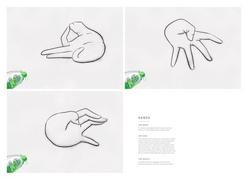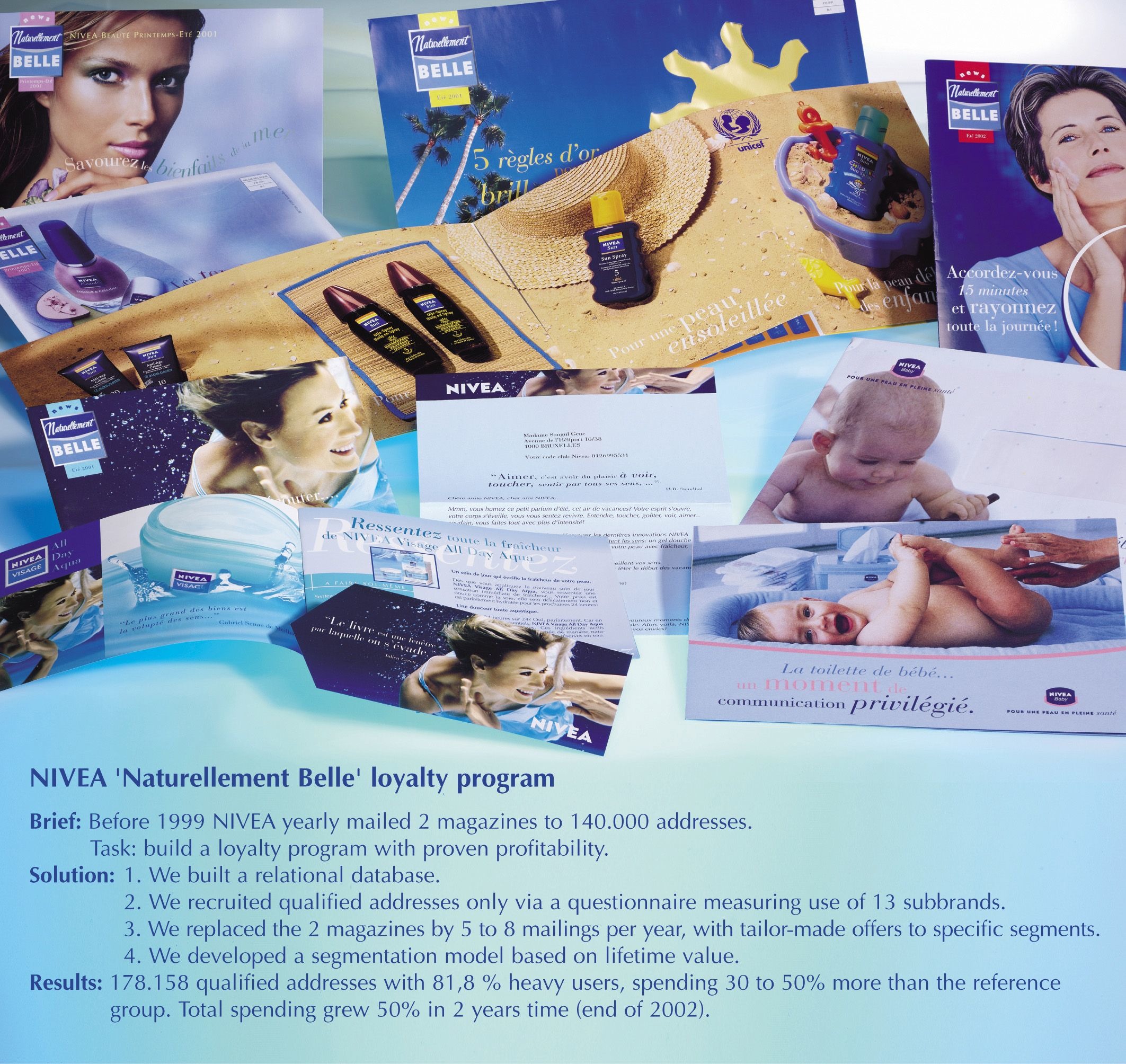Cannes Lions
Toxic Influence
OGILVY, London / DOVE / 2023

Overview
Entries
Credits
Overview
Background
The harmful advice, trends and products promoted by toxic influencers are creating a self-esteem crisis among teenage girls: 92% want to change the way they look, and 1 in 2 girls follow an influencer that makes them feel less confident. Our brief was twofold: firstly, to highlight the scale and harm of toxic trends across social platforms for parents, who are often unaware of what their daughters are seeing; and secondly, to help girls recognize and avoid toxic advice online. Tragically, toxic advice has now become so common, girls don’t even realize it’s toxic anymore. Our goal was to create a single, shareable film that would be relatable for both parents and their teen daughters, which spotlighted the issue as well as educating parents about resources from the Dove Self-Esteem Project they could use to help their daughters detoxify their feed.
Idea
Our strategy began with an insight true to all parents: you would never let your daughter hear harmful things in her own home. But it happens on social media every day. The creative idea was to use emerging deepfake technology to put the words of toxic influencers – words heard every day by teenage girls – into the mouths of the one person they trust most in the world: their mom. During casting, we secretly captured data on the moms’ facial movements, expressions and speech patterns, enabling us to create high quality deepfakes without the moms ever knowing. By adapting cutting-edge voice- and face-cloning technology to deepfake moms, the harmfulness of toxic influencers was laid bare, and we could tragically highlight how normalized girls have become to toxic beauty advice, by demonstrating how repulsed they are when the same advice comes from their “moms”.
Strategy
Our audience surveying revealed a troubling disconnect between parents and the online content their daughters consume: 40% of mothers could not name one influencer their daughter follows. Social media algorithms that feed young girls toxic beauty advice are showing parents completely different content on the same platforms. Our strategy began with an insight true to all parents: you would never let your daughter hear harmful things in her own home. But it happens on social media every day. By highlighting the ubiquity of toxic trends and influencers on social media, we made it clear that toxic advice is prevalent and ensured parents didn’t feel shamed or accused of not doing enough. Through audience surveying, we discovered that of 59% of girls have felt better after unfollowing idealized beauty content from social media influencers. This led to our call to action: for parents to help their daughters detoxify their feeds.
Execution
In 2021 and 2022, progress in the field of deepfake technology meant that smaller datasets could be used to create high-quality deepfakes. With just an hour of auditory data, and twenty minutes of visual facial data, high-quality deepfakes could be constructed, allowing us to deepfake, for the first time, everyday people, rather than celebrities. The social experiment was constructed in a three-week timeframe from the completion of the casting process. Once the facial and auditory data had been gathered, we worked quickly to build five hyper-realistic deepfakes that looked and sounded exactly like the mothers. We tracked fifty toxic trends in real-time across multiple social platforms, inputting them into our deepfake models two days before the experiment to ensure relevance. Harnessing natural language processing AI, we built transcripts based on the posts of hundreds of toxic influencers who were popular among teenagers and followed by our girls – ensuring our deepfake moms used the exact phrases, language and syntax of toxic influencers. The result was five bespoke minute-long deepfakes which all fooled the daughters into believing their moms were giving them toxic beauty advice.
Outcome
Immediately, the campaign was organically covered by media and television outlets across the world and went viral on three continents. To date, the campaign has achieved 115.5 million organic views, 3.1 billion earned impressions, coverage in over 60 countries, and has a 99% positive campaign sentiment, which is especially impressive given the toxicity of the subject matter and the use of controversial deepfake technology. The campaign has driven millions of parents to digital tools and a downloadable Confidence Kit on the Dove Self-Esteem Project website, where average dwell time in the week after the film launch increased by 100% to over four minutes. It was 4x as successful as Reverse Selfie in increasing public awareness of the Dove Self-Esteem Project. The campaign is currently on pace to become Dove’s most viewed and most successful purpose-led campaign in history.
Similar Campaigns
12 items





